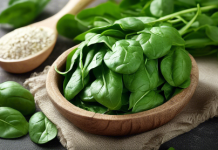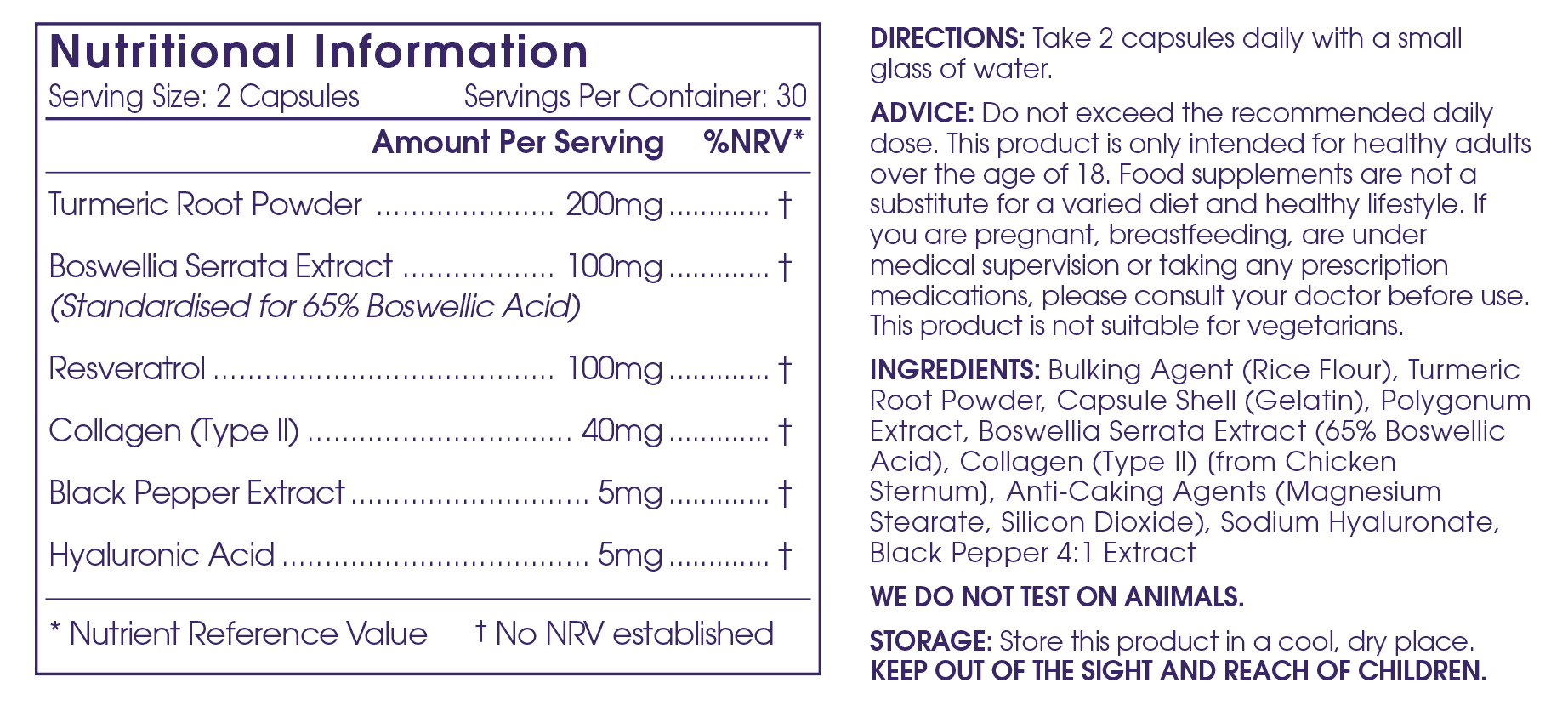The term “arthritis” isn’t actually a single disease. Rather, it’s an umbrella term that refers to multiple conditions characterized by inflammation of one or more joints in the body. Common arthritic conditions include rheumatoid arthritis, osteoarthritis, psoriatic arthritis, and gout, but there are actually 100+ different types and related conditions.
With arthritis, the goal of treatment is to keep inflammation at bay, as the less inflamed your joints are, the less pain, swelling, redness, and other uncomfortable symptoms you’ll have.
So, how can you go about reducing your inflammation?
A great first step is removing inflammatory foods and beverages from your diet. In this article, we’ll be sharing the worst foods and beverages to consume with arthritis; they can actually make arthritis symptoms worse. Here are ten foods and drinks you’ll want to avoid.
1. Processed and red meats
Research indicates that diets heavy in red and processed meats promote high levels of inflammatory markers which, in turn, lead to worsening arthritis symptoms. Red meats include beef, lamb, and pork, while processed meats include foods like sausage, hot dogs, pepperoni, beef jerky, and deli meats.
Conversely, plant-based diets that exclude red meat have been shown to improve arthritis symptoms.
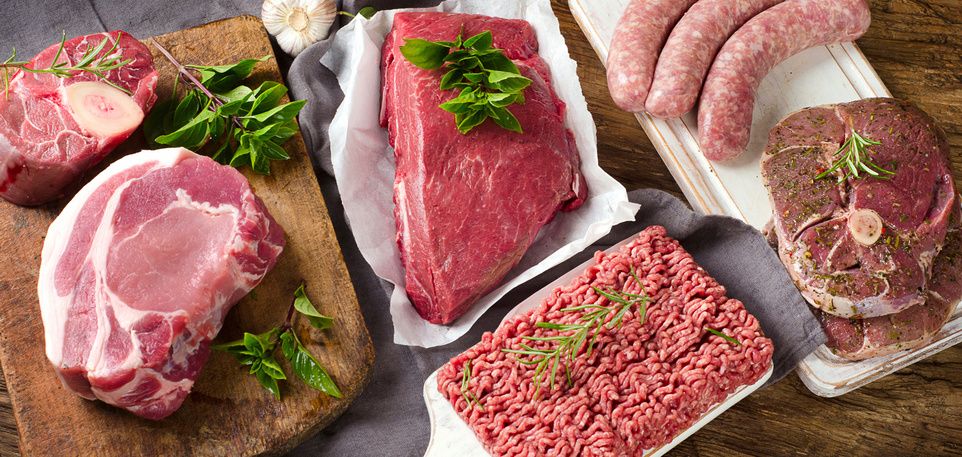
2. Processed sugar
Processed sugar isn’t good for anyone, especially those with inflammatory conditions like arthritis. This is because they can promote the release of cytokines, which are inflammatory messengers in the body. Processed sugars are added to numerous food products, such as candy, ice cream, and even less obvious foods like barbecue sauce and ketchup.
In fact, a study on over 200 people with rheumatoid arthritis (RA) found that among 20 foods, sugar-sweetened desserts were the most frequently reported to worsen RA symptoms.
When you get a craving for something sweet, reach for a piece of fruit which is healthy for arthritis sufferers to consume.
3. Sugar-sweetened beverages
Sugary beverages, such as soda, sweet tea, flavored coffees, and some juice drinks, have the potential to significantly increase both your risk of developing arthritis and the severity of already-existing arthritis symptoms.
One large study found that having just one sugary soda a day increased the risk of rheumatoid arthritis in women by a whopping 63 percent!
To avoid these risks, stick to naturally low- or sugar-free beverages, such as water, sparkling water, or plain iced or hot tea. If plain water is too unexciting, try enhancing it by adding a squeeze of lemon or infusing it with fresh fruit.
4. Gluten-containing foods
Gluten is a group of proteins found in grains like wheat, barley, and rye. Some research links gluten to increased inflammation and suggests that going on a gluten-free diet may help ease arthritis symptoms. Thankfully, there are tons of gluten-free products and alternatives available today, making the switch to a gluten-free diet much easier.
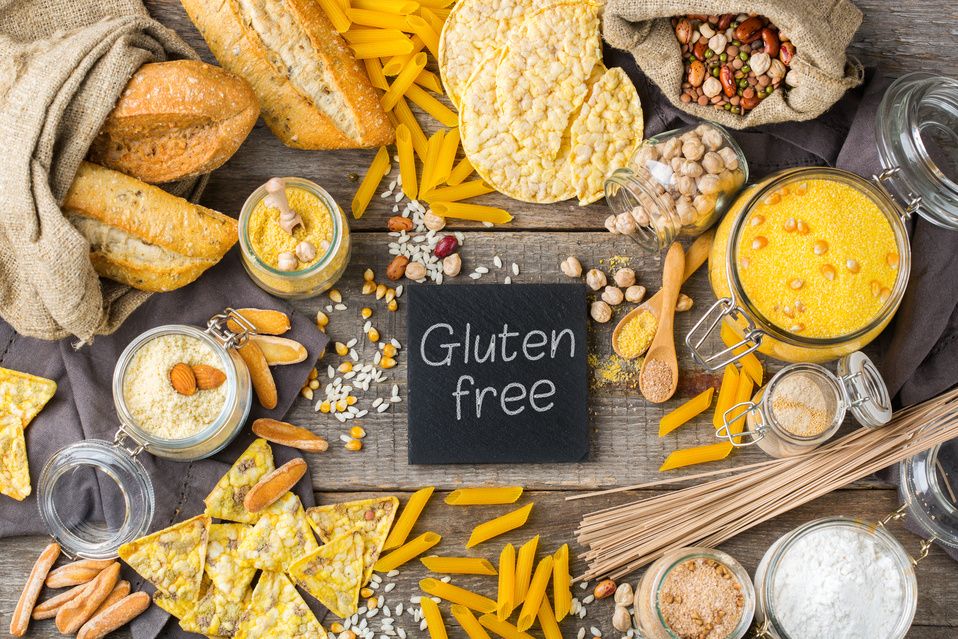
5. Highly-processed foods
Highly-processed foods like fast food, baked goods, and certain breakfast cereals are typically high in inflammatory ingredients, such as refined grains, added sugar, and preservatives, all of which may worsen arthritis symptoms.
If you have arthritis, it’s best to avoid these ultra-processed foods. Instead, focus on whole foods, such as fruits, vegetables, whole grains, legumes, and fish.
6. Alcohol
Anyone with arthritis should restrict or avoid alcohol. Drinking too much alcohol has been shown to cause a spike in the body’s level of C-reactive protein (CRP)—a powerful signal of inflammation in the body.
Research has even linked alcohol consumption with structural damage. In one study, people with axial spondyloarthritis, a type of inflammatory arthritis that primarily affects the spinal cord and sacroiliac (SI) joints, linked alcohol intake to increased spinal structural damage.
7. Certain vegetable oils
Both omega-6 fatty acids and omega-3 fatty acids are necessary for health. The problem is that people that eat a Standard American Diet tend to consume an imbalanced ratio of omega-6 to omega-3 fats.
While necessary in small amounts, excessive omega-6 fatty acids can worsen inflammation and should thus be limited. The biggest source of omega-6 fats is certain vegetable oils, including safflower oil, sunflower oil, and canola oil.
Try cooking with olive oil or avocado oil instead, which are relatively low in omega-6 fats.
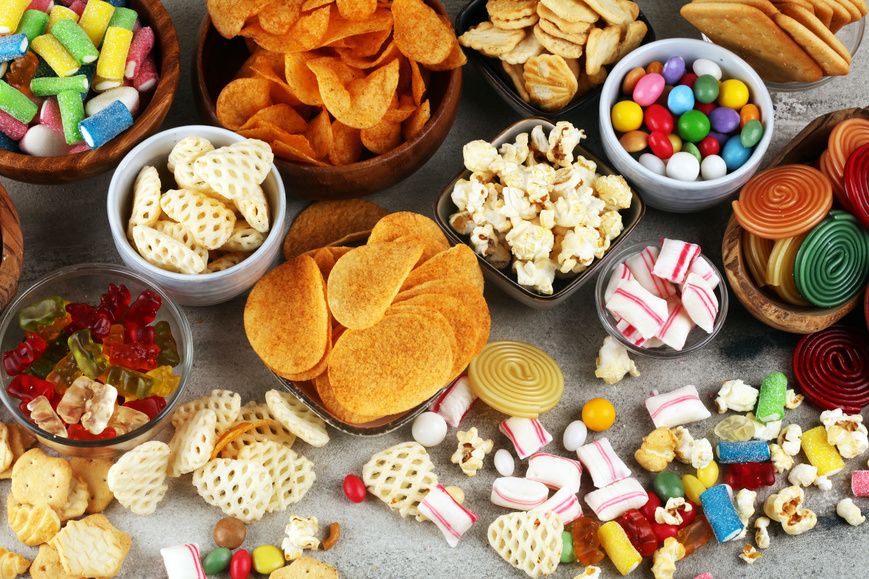
8. Foods high in salt
Your body needs salt for many important functions, but most of us are getting way too much. This is a problem, as research has linked high salt intake with higher inflammation levels and an increased risk of developing rheumatoid arthritis.
To reduce your salt intake, look for foods that are low in sodium or have no added salt. Also, try flavoring your foods with herbs and spices, rather than salt.
9. Foods high in AGEs
Advanced glycation end products (AGEs) are compounds that naturally form inside the body when proteins or fats combine with sugars (glycation). When AGEs accumulate in high amounts in your body, oxidative stress and inflammation may occur. As such, it’s no surprise that AGEs are linked to disease progression in people with arthritis.
The biggest sources of AGEs are high-protein, high-fat animal products that are fried, roasted, grilled, seared, or broiled. High-fat spreads, including butter, cream cheese, margarine, and mayonnaise, are also among the foods highest in AGEs.
Replacing AGE-rich foods with nutritious, whole foods like vegetables, fruits, legumes, and fish may reduce the total AGE load in your body.
The bottom line
The foods and beverages you choose to consume every day can have a major impact on your inflammation levels and, consequently, the severity of your arthritis symptoms.
To keep your inflammation levels at bay, it’s best to remove the above foods and beverages from your diet. While it might seem like all the “fun” foods are the ones you need to avoid, we bet you’ll be pleasantly surprised by the delicious creations you can create using whole, mostly plant-based foods.
You can further support healthy inflammation levels by taking an anti-inflammatory supplement, such as JointFuel360. JointFuel360 is an oral supplement that combines research-backed, anti-inflammatory ingredients including turmeric root, Boswellia serrata extract, resveratrol, collagen (type II), black pepper extract, and hyaluronic acid. These ingredients work together synergistically to improve joint comfort, mobility, and flexibility, so you can live a healthier, happier, more pain-free life.
References:
https://www.cdc.gov/arthritis/basics/types.html
https://www.ncbi.nlm.nih.gov/pmc/articles/PMC3893727/
https://www.ncbi.nlm.nih.gov/pmc/articles/PMC6746966/
https://www.ncbi.nlm.nih.gov/pmc/articles/PMC5563270/
https://pubmed.ncbi.nlm.nih.gov/25030783/
https://www.ncbi.nlm.nih.gov/pmc/articles/PMC3705319/
https://www.thelancet.com/journals/lancet/article/PIIS0140-6736(00)04170-2/fulltext
https://www.ncbi.nlm.nih.gov/pmc/articles/PMC6692958/
https://www.ncbi.nlm.nih.gov/pmc/articles/PMC5701880/
https://journals.lww.com/md-journal/Fulltext/2015/09030/High_Sodium_Intake_Is_Associated_With.4.aspx



